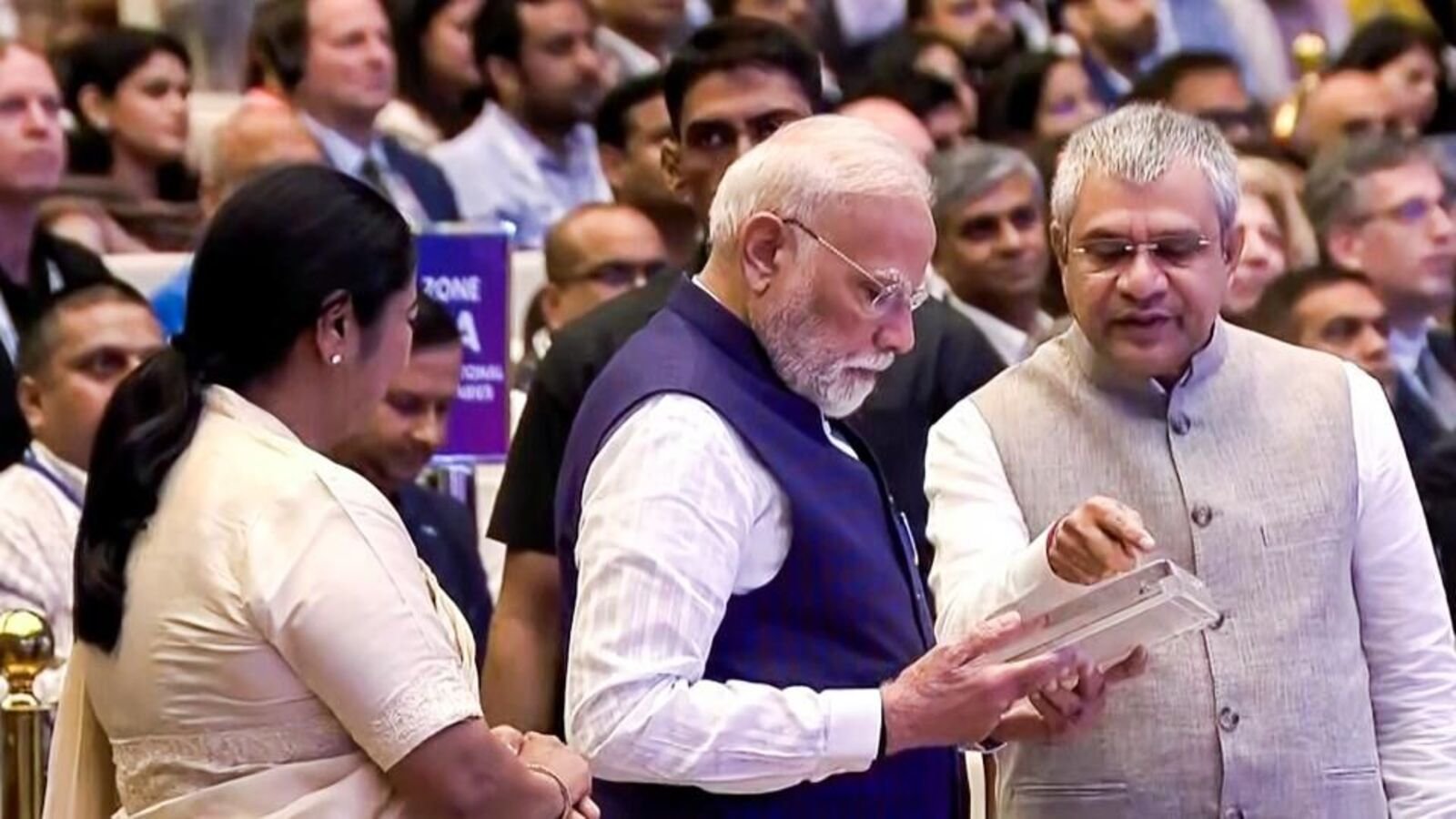Trump admin to approach Supreme Court in hopes of overturning illegal tariffs ruling, seeks ‘early decision’

Trump told reporters that the government wants to file an appeal with the high court for relief, expected as early as Wednesday because“it would be a devastation for our country” if the previous court ruling was left in place.
What did Donald Trump say?
“We’re going to be going to the Supreme Court, we think tomorrow, because we need an early decision,” a Bloomberg report quoted Trump. “We’re going to ask for an expedited ruling,” he added.
The president’s remarks come after a ruling by the US Court of Appeals for the Federal Circuit on Friday, stating that Trump incorrectly invoked an emergency law. This law was used to justify the reciprocal tariffs he imposed on trading partners, as well as levies on China, Canada, and Mexico, which he claimed were aimed at tackling cross-border fentanyl trafficking.
However, the judges allowed the tariffs to remain in effect as the case moves forward.
The decision introduced new legal uncertainty regarding the future of the administration’s agenda, with possible effects on trillions in global trade.
“The stock market’s down because the stock market needs the tariffs. They want the tariffs,” the president said.
Corporate debt sales and budget concerns in the developed world were identified as the main causes of the market selloff.
Appeals court ruling
On Friday, the appeals court upheld the Court of International Trade’s ruling that Trump overstepped his authority under the International Emergency Economic Powers Act. The appellate judges indicated that the lower court should reconsider its decision to block the tariffs for all parties.
The administration could now turn to the justices of the US Supreme Court, who largely have backed the president on other matters, but the White House could also let the Court of International Trade revisit the case first.
Friday’s ruling was only the latest turn in a tariff push that has seen delays, reversals and legal challenges that have injected uncertainty into the president’s agenda and left businesses, investors and trading partners, including many of whom struck deals with Trump to secure lower rates for any clarity. The dollar slipped against most Group-of-10 peers after the federal appeals court ruling on Friday.
Trump has relied significantly on emergency powers to implement the import taxes, citing the IEEPA as the basis for the broad country-specific levies announced in the Rose Garden on April 2.
If the court ultimately strikes down global tariffs, the Trump administration still has other, more limited legal options to impose tariffs. These include using Section 232 of the Trade Expansion Act to target specific industries such as semiconductors, steel, and wind turbines with import taxes. This provision gives the president the authority to regulate imports considered a threat to national security.
Trump can also instruct the US Trade Representative, under Section 301, to impose tariffs in response to trade measures by other countries that are considered discriminatory against American businesses or violate US rights under international trade agreements.
(With inputs from Bloomberg.)
Discover more from News Hub
Subscribe to get the latest posts sent to your email.







